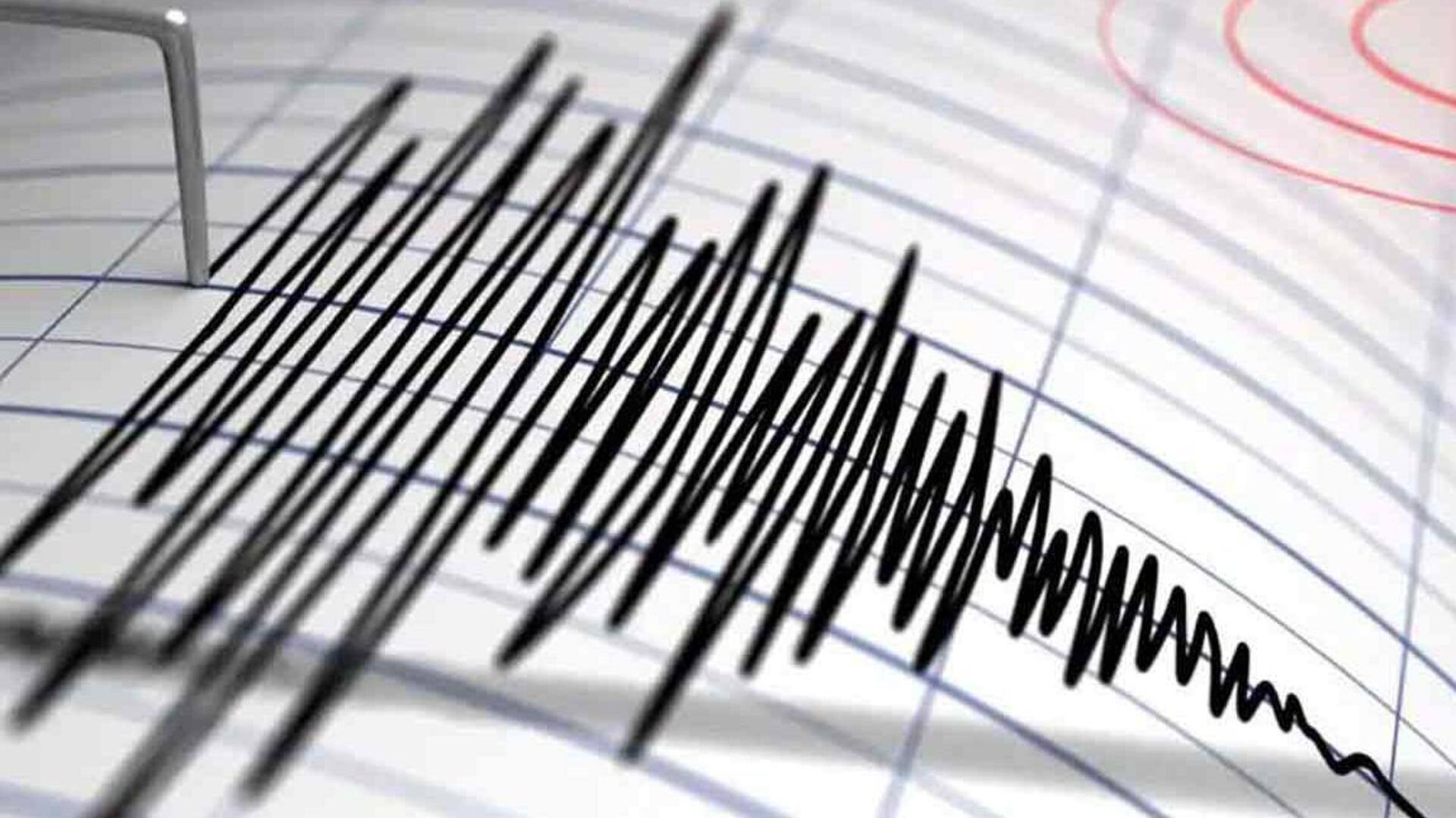
AI can warn us about earthquakes before they happen
What's the story
A new artificial intelligence (AI) algorithm, created by researchers at the University of Texas at Austin, has managed to predict 70% of earthquakes a week before they happened, during a seven-month trial in China.
The AI system was designed to spot unusual patterns in real-time seismic data and then match them with past earthquakes.
This trial led to the AI accurately predicting 14 earthquakes within about 200 miles of their actual locations and almost the exact calculated strength.
Details
'AI looked for signs of earthquakes among background Earth rumblings'
The AI-powered earthquake forecasting system was trained on five years' worth data of from seismic recordings.
"Once trained, the AI gave its forecast by listening for signs of incoming earthquakes among the background rumblings in the Earth," per the research blog.
While it did show promising results in the China trial, it also missed one earthquake and gave eight false warnings.
What Next?
Potential to improve global earthquake preparedness
Alexandros Savvaidis, a senior research scientist who leads the Texas Seismological Network Program (TexNet), says "Even with 70% [success rate], that's a huge result and could help minimize economic and human losses and has the potential to dramatically improve earthquake preparedness worldwide."
The researchers think that their relatively simple machine-learning approach could be further refined and applied to other locations with strong seismic tracking networks including California, Greece, Italy, Japan, Turkey, and Texas.
Insights
Testing the AI system in Texas
By testing in locations with strong seismic tracking networks, the teams can improve the success rate of the AI and narrow its forecasting capabilities to within a few tens of miles.
The research team's next move is to test their AI-powered earthquake forecasting system in Texas, where there's a high rate of minor and moderate-magnitude earthquakes.
The TexNet program has 300 seismic stations and over six years of continuous records, making it a perfect place to test the method.
Facts
Future goals include making the system more generalized like ChatGPT
In the long run, the researchers hope to combine their system with physics-based models for more general applications.
Yangkang Chen, the lead developer of the AI system, shared that "Our future goal is to combine both physics and data-driven methods to give us something generalized, like ChatGPT, that we can apply to anywhere in the world."
This new research is a crucial step toward achieving that goal and pushing the boundaries of AI-driven earthquake forecasting.